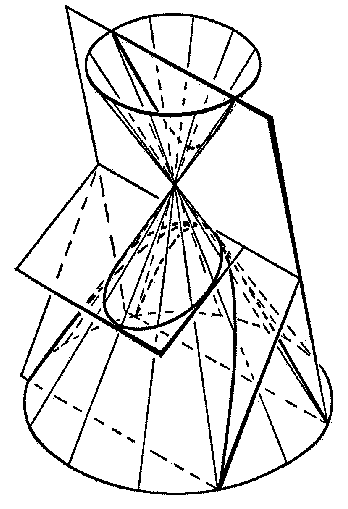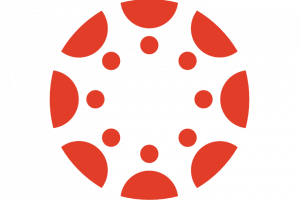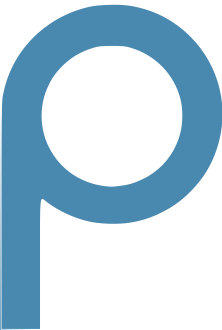Prerequisite and degree relevance
Inverse functions and graphs; exponential and logarithmic functions, their graphs, and use in mathematical models of the real world; rates of change; trigonometry, trigonometric functions, and their graphs; and geometric series. Students cannot receive credit for both course 3 and Applied Mathematics and Statistics 3. Applied Mathematics and Statistics 3 can substitute for course 3.
Prerequisite(s): course 2 or mathematics placement (MP) score of 200 or higher. (General Education Code(s): MF.)
Student Code of Conduct
The UC Santa Cruz community includes students, staff, faculty, and others who have a
vested interest in the University. As members of an academic community, integrity,
accountability and mutual respect are vital pillars of being part of this community. The
Principles of Community further illustrate the values and expectations set forth for being a
part of this community.
Small Group Tutoring (SGT)
Small Group Tutoring provides a small interactive setting for students to be comfortable to engage in conversations about course material with other students. Each session is led by a current UCSC undergraduate student who has taken the course and done well in it. Tutoring sessions are 1-Hour long and generally have a capacity of 6 students. When students sign up for tutoring, students make a commitment to attend tutoring weekly for the entire quarter. All students can sign up for up to 2-Hours of tutoring a week per couse they are enrolled in.
Academic Excellence (ACE)
ACE is an academic support program dedicated to increasing the diversity of UCSC students earning bachelors' degrees in science, technology, engineering, and mathematics. It is a community of scholars who strive for and commit to academic excellence.
DRC Accommodations
UC Santa Cruz is committed to creating an academic environment that
supports its diverse student body. If you are a student with a disability who requires
accommodations to achieve equal access in this course, please submit your Accommodation
Authorization Letter from the Disability Resource Center (DRC) to me privately during my
office hours or by appointment, preferably within the first two weeks of the quarter. At that
time, I would also like us to discuss ways we can ensure your full participation in the course. I
encourage all students who may benefit from learning more about DRC services to contact DRC
by phone at 831-459-2089 or by email at drc@ucsc.edu.
Inclusivity Statement
We understand that our members represent a rich variety of backgrounds and perspectives.
UCSC is committed to providing an atmosphere for learning that respects diversity. While
working together to build this community we ask all members to:
- share their unique experiences, values and beliefs
- be open to the views of others
- honor the uniqueness of their colleagues
- appreciate the opportunity that we have to learn from each other in this community
- value each other’s opinions and communicate in a respectful manner
- keep confidential discussions that the community has of a personal (or professional)
nature
- use this opportunity together to discuss ways in which we can create an inclusive
environment in this course and across the university community



